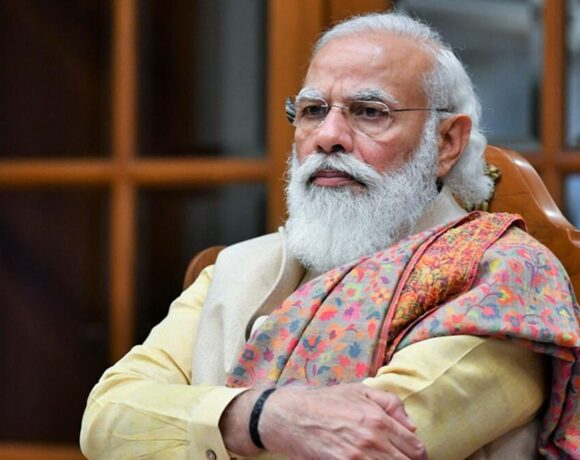India: The Second Largest English-Speaking Country in the World

English, often referred to as the global language, has gained significant prominence in recent years, transcending borders and cultures. While it may come as a surprise to some, India is the second largest English-speaking country in the world, with a population that has embraced the language in various aspects of daily life. In this blog post, we will explore the reasons behind India’s remarkable proficiency in English and the impact it has on the country’s education, economy, and cultural landscape.
- Historical Background: The British colonization of India from the 17th to the 20th century played a crucial role in introducing English to the Indian subcontinent. As the language of administration and education, English became deeply entrenched in the system, leaving a lasting impact on Indian society. Despite gaining independence in 1947, India chose to retain English as an associate official language alongside Hindi, further solidifying its presence in the nation.
- Education and Literacy: India’s emphasis on education has fueled the growth of English as a medium of instruction. Many prestigious educational institutions, such as the Indian Institutes of Technology (IITs) and the Indian Institutes of Management (IIMs), conduct their courses in English. English proficiency has become a prerequisite for higher education and securing lucrative job opportunities, creating a demand for English language skills among students and professionals.
- Economic Opportunities: English fluency has become synonymous with employability in India. With the rise of the outsourcing industry, including call centers, IT services, and business process outsourcing, the demand for English-speaking professionals has soared. Multinational corporations have also established their presence in India, and English serves as the lingua franca in these corporate environments. The ability to communicate effectively in English opens up avenues for career growth and international job prospects.
- Cultural Influence: English has significantly influenced India’s cultural landscape, shaping the entertainment industry, literature, and media. Indian authors writing in English, such as R.K. Narayan, Arundhati Roy, and Salman Rushdie, have achieved global recognition, amplifying India’s literary voice. Bollywood, India’s thriving film industry, has adopted English expressions and phrases, blending them seamlessly into Hindi cinema. English-language newspapers, television channels, and internet content have contributed to the dissemination of information and ideas across the country.
- Linguistic Diversity: India’s linguistic diversity is unparalleled, with over 1,600 languages spoken across the country. English acts as a bridge language, facilitating communication between individuals from different regions who may not share a common native tongue. It serves as a unifying force, allowing people to transcend linguistic barriers and connect on a broader scale.
India’s status as the second largest English-speaking country in the world showcases the adaptability and openness of its people. English has become deeply embedded in various aspects of Indian society, from education and employment to literature and entertainment. As India continues to progress on the global stage, its proficiency in English will undoubtedly play a pivotal role in shaping its future. The fusion of English with India’s rich cultural heritage and linguistic diversity creates a unique and vibrant linguistic landscape that sets India apart in the global arena.
Picture Courtesy: Google/images are subject to copyright








